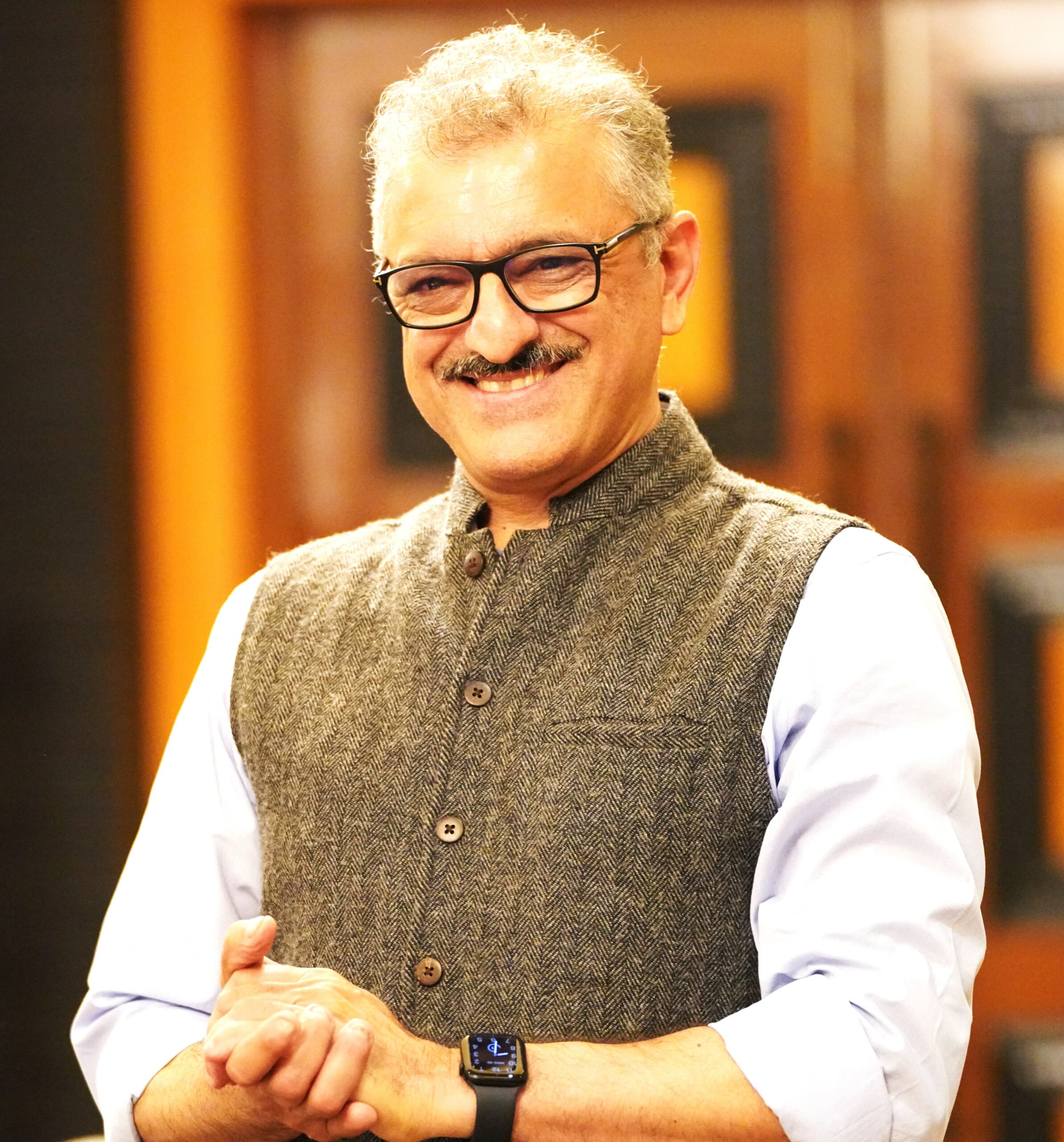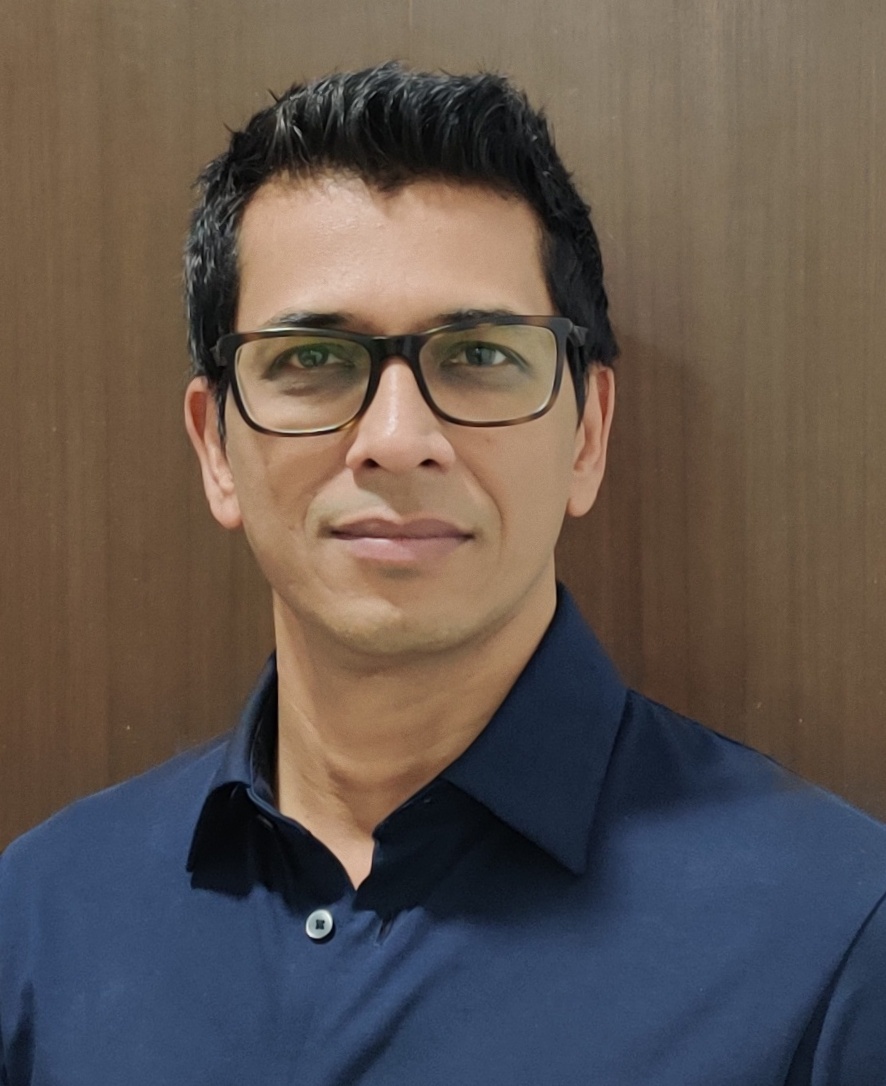SVG Sit-Down: Planetcast Brings ‘SaaS Hospitality’ to Cloud Playout, MAM Services
The India-based media-services supplier is targeting the global sports market
Story Highlights
Although Planetcast has been providing comprehensive, customized solutions across content-management operations and distribution for nearly two decades, it’s not a well-known name outside its core markets in India and Southeast Asia. It launched the Planetcast International expanded global initiative to support growth and address the needs of media and entertainment companies in regions outside those core markets.
The company was recently selected as media-services partner by Indian Premier League (IPL) rights winners Star Sports (domestic TV broadcast), Viacom18 (domestic OTT on JioCinema), and Times Internet (international via Cricbuzz). Planetcast brings deep cricket video to its work with Star Sports, Viacom18, and Times Internet, having provided the media-distribution backbone for most of the IPL’s 16-year history.

Sanjay Duda: “We have immense experience in managing sports content that stems from managing sports workflows and the needs of the sports industry.”
SVG sat down with the three main people responsible for turning Planetcast into a worldwide recognized name: CEO Sanjay Duda; COO, Digital, Venugopal Iyengar; and VP, Sales, Americas, Paul Kosac to discuss what the company does and how it plans to serve the global sports market.
Let’s start off by explaining what Planetcast is and how it services broadcasters and media companies in sports.
Duda: For sports, in terms of delivering services and managed feeds, Planetcast provides a lot of content but especially to countries where cricket is a major sporting event. These include South Africa, Australia, England, Ireland, and countries in the Middle East and the West Indies. We have 80 multinational drop-point destinations for Star [now owned by Disney after its Fox acquisitions], with 18 sports channels of Star Sports in India.

Venugopal Iyengar: “We’ve integrated AI into a highlights tool that automatically picks special moments; with character recognition, we’re about 98% there.”
From a cloud-based perspective, what separates Planetcast from other providers?
Duda: We have immense experience in managing sports content that stems from managing sports workflows and the needs of the sports industry — particularly in handling multiple live feeds, and contingencies such as rainouts, alternative content for undefined durations, plus ads and fillers for undefined opportunities. Cricket has a lot of breaks that are unplanned, so we’re very agile and can quickly respond with manual override on everything. We also build all of our own solutions.
For the cloud, we have a combination of cloud-native and lift-and-shift on some services, such as virtual servers. But the goal is to continually be building cloud-native so our customers can take advantage of microservices to make operations easier and lighter on the budget.
Iyengar: For example, right now, our media-asset management is cloud-native, while playout is lift-and-shift. By next year, playout will be cloud-native. And, in Q3 of this year, we’ll address multiple distribution needs. Everything from upstream processing to the multipoint downstream environment will be controllable through a single interface.

Paul Kosac: “This is the best technology that nobody knows about. That’s why we want to export our success and have the world understand what is possible.”
Kosac: This is the best technology that nobody knows about. That’s why we want to export our success and have the world understand what is possible. As Sanjay [Duda] mentioned, we’ve got the most expertise in a sport that has no predetermined breaks. That brings a lot of inherent value to other sports that are much simpler, especially as rights costs increase.
I would assume that you experienced a lot of change in your business during the COVID-19 pandemic. Post-pandemic, what are you seeing from your client base with regards to changes or requests for services?
Duda: The pandemic was a difficult time for sports, but some events were taking place with some brave organizations. Production teams would work remotely from home with all the pieces coming together as we managed latency. Today, it’s about getting a more professional-looking output other than just trying to get something out there. Plus, we have not only a lot more events but a lot more media channels and platforms. This is especially true with esports, which we address with cloud services and technologies as we see them moving to 4K to increase the user experience.
Iyengar: We’ve also integrated AI into a highlights tool that automatically picks those special moments; with character recognition, we’re about 98% there. Think of it as being similar to the NFL RedZone channel, which provides live look-ins at games when teams could be close to scoring but with no human interaction for those highlights. We’re doing that now for cricket, with requests for soccer.
Duda: We see what we do as “SaaS Hospitality” as we bring very high-quality solutions on the cloud and expand our business to the Americas, Europe, and Australia. We come from a background with a service layer on top. For customers who need managed services and other solutions, we have plenty of options.
This interview has been edited for length and clarity.
